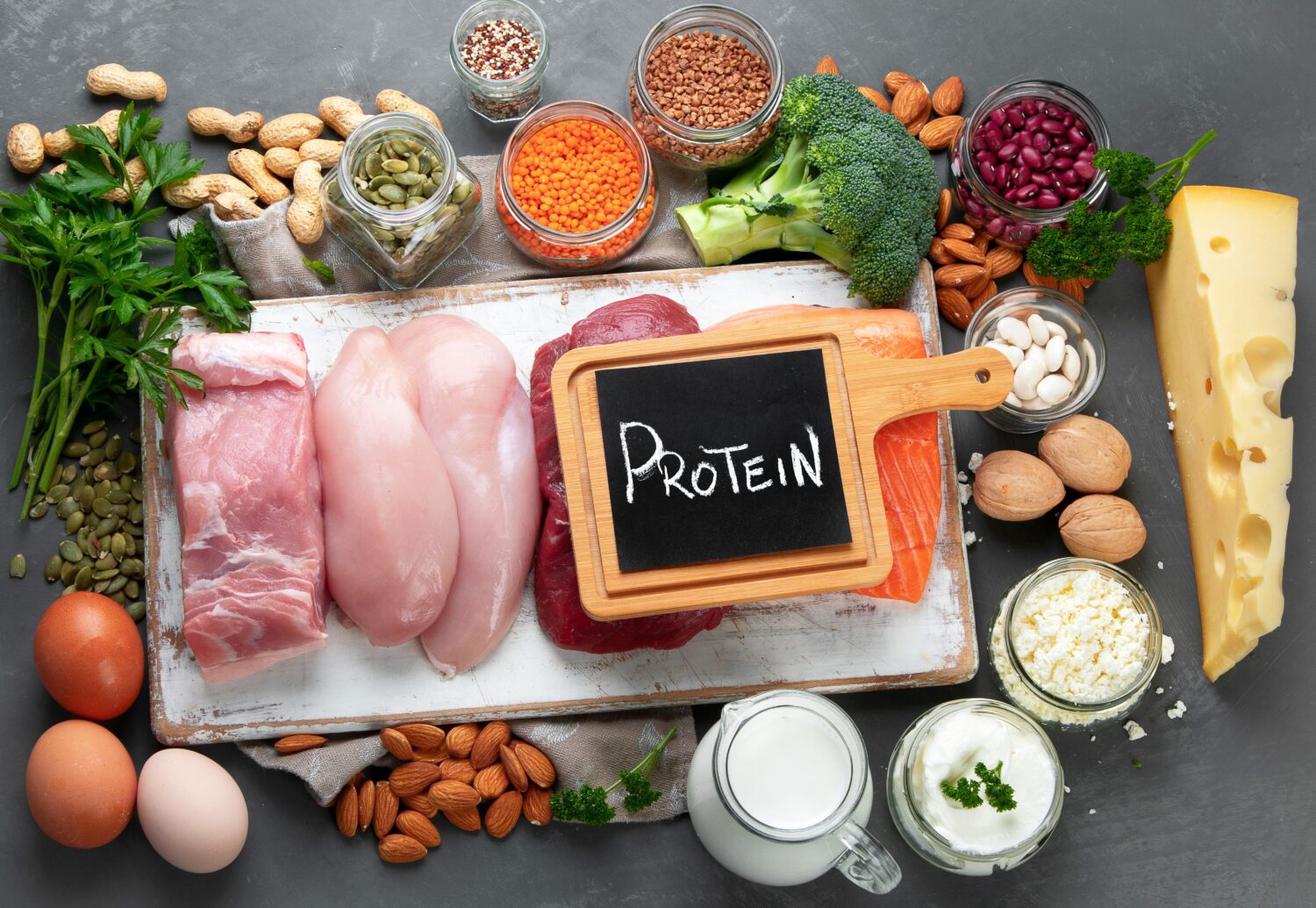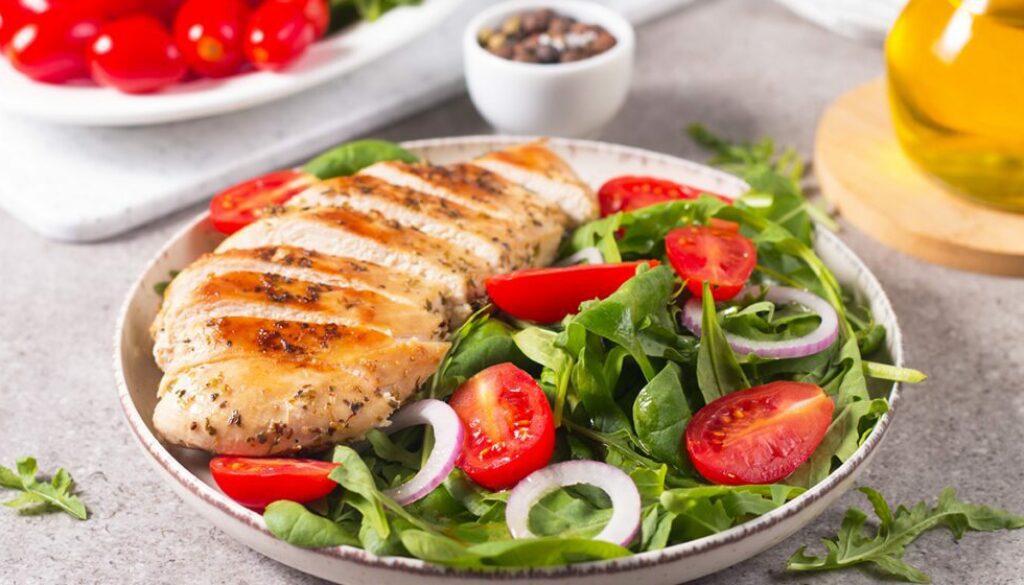What to Know About Protein Intake
Imagine this: you’re getting back into the gym and you’re feeling good about your workout routine. But when it comes to your diet, you feel lost. At the gym and online, you keep hearing chatter about protein; protein shakes, supplements, timing, and the list goes on. Everyone seems to have an opinion on what your daily protein intake should be.
In reality, protein is an important part of any fitness regime. But it doesn’t need to be as complicated as it seems. CMC Nutrition shares some simple tips about protein intake.
What is protein?
Protein, like carbs and fats, are an essential macronutrient that keeps your body functioning properly. It consists of chains of amino acids linked together to form complex structures which are in charge of growth and maintenance in the body. Protein helps to build and repair your tissues – think muscles, skin, hair and bones.
What is the right amount of protein?
Like all dietary requirements, your daily protein intake is unique to each individual. A good understanding of how much protein you need can be calculated using your age, gender, weight, height and activity level. The Recommended Dietary Allowance (RDA) of protein is the minimum amount someone needs to function daily, which is 0.36 grams of protein per pound of bodyweight (0.8g/kg). An active female who is 45 years old, 5 foot 5 inches tall, weighs 150 pounds and is not pregnant or lactating needs about 55 grams of protein daily.
But what is a gram of protein? If you don’t own a food scale or prefer not to weigh your food before you eat it, it can be confusing to know how much protein you are eating. Nutrition labels will include the amount of a food’s protein per serving, but not all foods have labels and not everyone wants each meal to be a math equation!
CMC Nutrition recommends familiarizing yourself with a few good protein sources and implementing those in your meal plan.
- Lean meats
- Poultry
- Cottage cheese
- Greek yogurt
- Fish and seafood
- Nuts and seeds
- Eggs
- Beans

Here is an example of what a day full of protein-packed meals might look like.
Does it matter when I eat protein?
Some studies show that eating protein within two hours of a workout improves its effectiveness for building muscle. CMC Registered Dietitian & Clinical Nutrition Manager, Courtney Fuller says, “it’s generally beneficial to eat a combination of healthy carbohydrates and proteins up to two hours after a workout to enhance muscle recovery and replenish glucose.” She adds, “the two macronutrients are on the same side of a healthy plate because they are ‘best friends’ and are most beneficial as a duo.”
This could be a time for a protein shake, or a small bottle of low or reduced-fat chocolate milk if you are on-the-go. Other great post-workout snacks can be:
- Greek yogurt and fruit
- Peanut butter sandwich
- Carrots and hummus
- Pretzels and cottage cheese
CMC Nutrition Outpatient Services are Available to Help you Achieve your Wellness Goals
Conway Medical Center wants you to live your happiest and healthiest life. From diet fads to new CrossFit gyms popping up along the grand strand, we understand wellness can be overwhelming. Our primary care providers are a great resource to get started on your health and wellness journey and can provide you with a reference to CMC Nutrition Services.
CMC offers Outpatient Nutrition Services with expert specialists who are able to provide nutrition counseling to a wide variety of patients. Let CMC help you fuel your fitness journey, learn healthier eating habits and reach your wellness goals.




